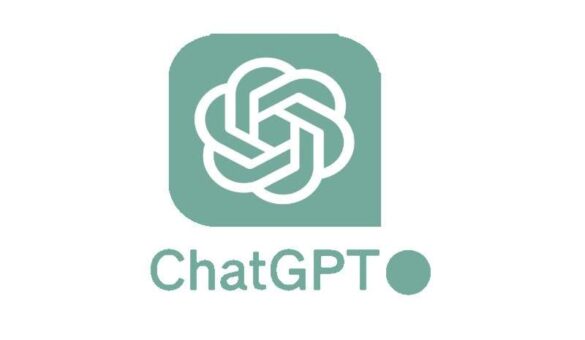OpenAI, the creator of ChatGPT, is reportedly developing its own AI-powered web browser aimed at competing directly with Google Chrome.
Built on the widely-used Chromium open-source codebase, the browser is expected to offer deep integration with OpenAI’s Operator AI agents, enabling advanced automation and personalized web interactions.
According to industry sources, the upcoming OpenAI browser will allow users to complete tasks such as booking appointments, filling out forms, and managing online activities directly within the browser—all powered by AI agents. This innovation could mark a significant shift in how people navigate the internet.
What sets this browser apart is its native ChatGPT-style chat interface, which may allow users to access websites or perform tasks simply by asking a chatbot. This approach aims to minimize traditional web navigation and introduce a more conversational way of browsing. Users might no longer need to click through multiple pages or even type web addresses—just tell the AI what you want, and it will do the rest.
However, privacy concerns have already been raised. Reports suggest that OpenAI’s browser will leverage user browsing history to enhance its AI functionalities. This data access is reportedly a key reason OpenAI chose to build a standalone browser rather than a browser extension—to gain more control over data collection.
Despite potential controversies, such data usage is not unfamiliar in today’s digital landscape. Tech experts believe many users may overlook privacy concerns in favor of increased convenience and AI-driven personalization.
The browser is expected to launch within the coming weeks, and it promises to revolutionize the way users interact with the web. By combining AI capabilities with a full-fledged browsing experience, OpenAI hopes to reshape internet usage into something more intuitive, automated, and efficient.
With its focus on AI-first design and smart automation, the OpenAI browser could challenge the dominance of existing browsers and redefine what it means to browse the web in the age of artificial intelligence.
